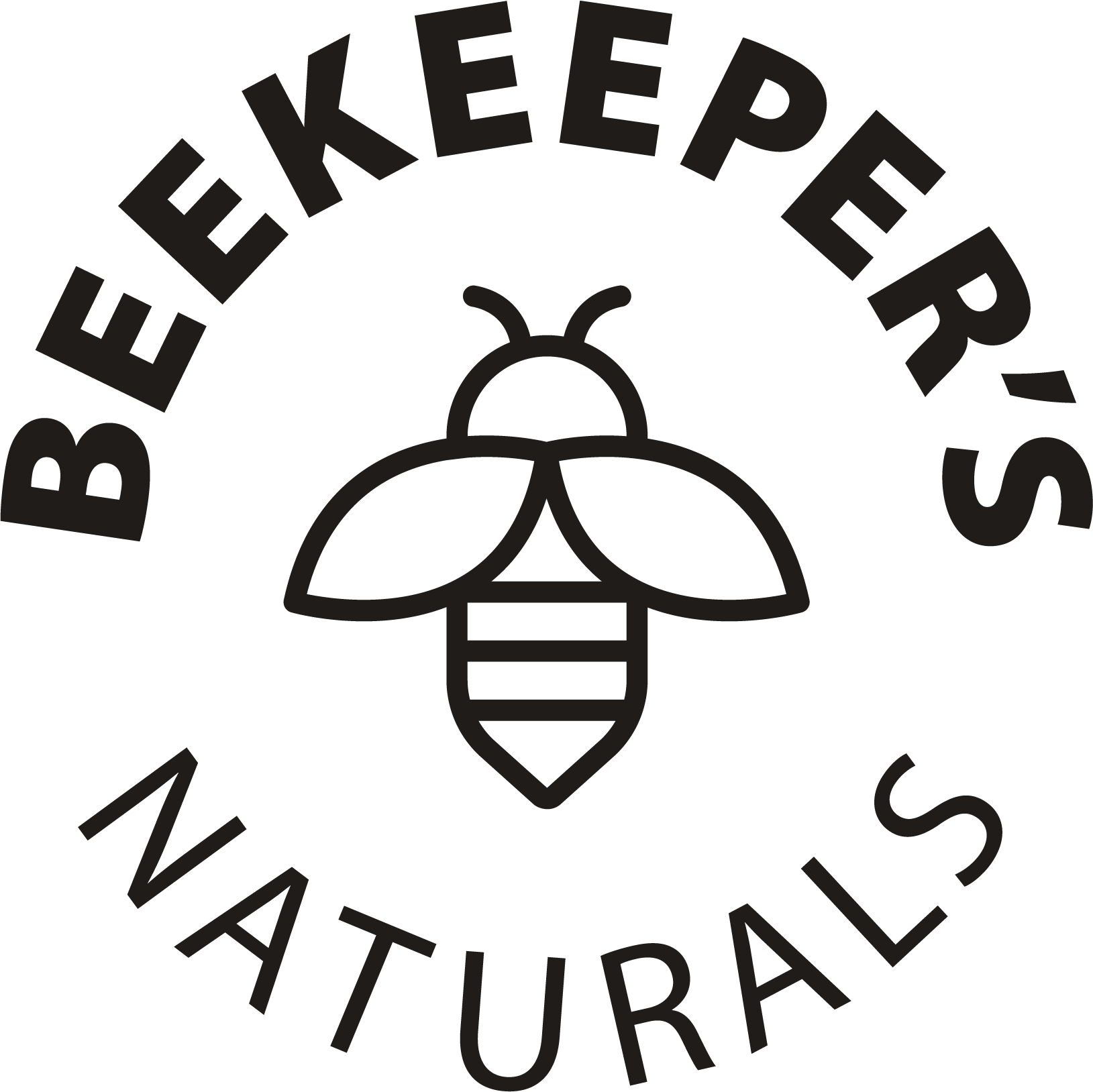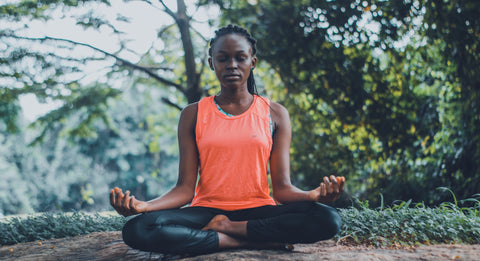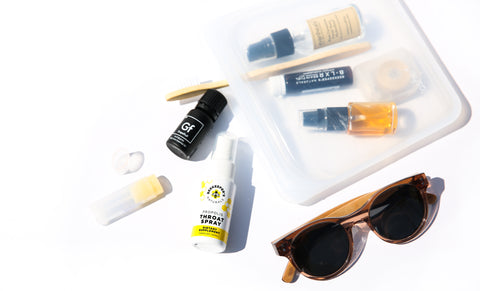Well, Thanksgiving came and went once again. And amidst the chaos of overcooked turkeys, undercooked pies, and the stressful ramblings of drunken relatives, the holiday always serves as a helpful reminder to be thankful for what's truly important in life.
But, just because Thanksgiving is over doesn't mean the 'thanks' should end. In fact, we should keep the gratitude party going every damn day!
Sure, that's easier said than done. It’s easy to get wrapped up in all that’s tough, unfair, and wrong in the world. And for that reason, expressing gratitude may feel foreign at times, maybe even naive. But the research shows that it’s anything but. Studies have shown that cultivating a mindset of gratitude can increase your mental strength, self-esteem, and overall health. If you've been feeling a little 'off' in your life, a dose of gratitude may just be what the doctor ordered.
More Than A Feeling
So what does it really mean—to be ‘grateful’? Robert A. Emmons, Ph.D, reasons that gratitude is firstly “an affirmation of goodness...that there are good things in the world, gifts and benefits we’ve received.” The second component is that “we recognize that the sources of this goodness are outside of ourselves…that other people…gave us many gifts, big and small, to help us achieve the goodness in our lives.”
So number one, recognize the goodness. Check. Two, acknowledge that the goodness comes courtesy of loved ones/strangers/our environment/the universe at large. Check. Easy enough.
But how do we actively cultivate this goodness? Well, good news, it's easier than you may have thought. Gratefulness is not just an emotion. It is a choice. We can choose to be grateful. It is more than a feeling—it’s an attitude. And cultivating that attitude requires two things: practice and patience.

The Science of Saying ‘Thank You’
Practicing this attitude can radically transform your life. Gratitude can improve your physical and emotional health, boost sleep, encourage self esteem, and usher in more meaningful relationships. It causes two parts of the brain light up—let's get precise, the ventral and dorsal medial prefrontal cortex. These areas are linked to morality, strengthening relationships, and understanding the thoughts and feelings of others—score. Gratitude can also increase vital neurochemicals, boosting ‘happy’ chemicals like dopamine, serotonin and oxytocin. Cheers to all the warm and fuzzy feels!
But getting there can be an uphill battle. Evolutionarily, those who dwelled on the negative (the foreseeable dangers like snakes, cliffs, and stagnant drinking water) experienced a higher survival rate. So we've evolved with a negativity bias—to focus on the things that could harm us or could go wrong. That doesn't mean we can't experience gratitude. It just means we have to work a little harder at it to make it stick on a subconscious level.

Get Down With Your Grateful Self
If you've never actively practiced gratitude, try not to feel intimidated (or overly cheesy). Big change can be daunting, but there are a million small, authentic ways to practice gratitude on a daily basis. Consistency is key, and picking one (or all) of the below tips is a fantastic way to incorporate gratitude into your life.
- Start a gratitude journal. It only takes a moment to jot down a few things your grateful for. (Yes, coffee can be one of them.) Make a habit of gratitude journaling every morning or night—it'll be challenging at first, but over time that gratitude mindset will become easier and easier. Some companies even make specific gratitude journals that come with prompts to help you along.
- Pin up the love. Handwrite a little note for yourself listing all of the things you're grateful for and stick it on a mirror, wall, or closet door—somewhere you can be sure you’ll see it on the regular. It's a great way to quickly remind yourself of all that is good in your life, especially when you’re having a hard day.
- Bring back thank-you notes. Emily Post will thank you, and so will your brain. Whether it’s a handwritten letter or a simple word of thanks to a customer service representative, expressing gratitude makes you and others feel good. Seriously, you catch more bees with honey.
- Get ritually with it. Make vocalizing what you’re grateful for (yes, out loud, with your voice) a ritual. Practice it at certain scheduled moments in your week. End phone calls with loved ones with a token of gratitude. Think of something you’re grateful for when you brush your teeth and share it with a partner before bed. Doing this will train your brain to proactively look for things to be thankful for (rather than dwelling on the negative—which is what evolution has hardwired us to do).
You’ve Got the Power
Everyone has the ability to cultivate gratitude. Focusing on what you have, (instead of what you don’t) is a healthier mindset for you and those you care about. See take advantage of your post-Thanksgiving ‘gratitude attitude’ and reap the benefits all year long!




